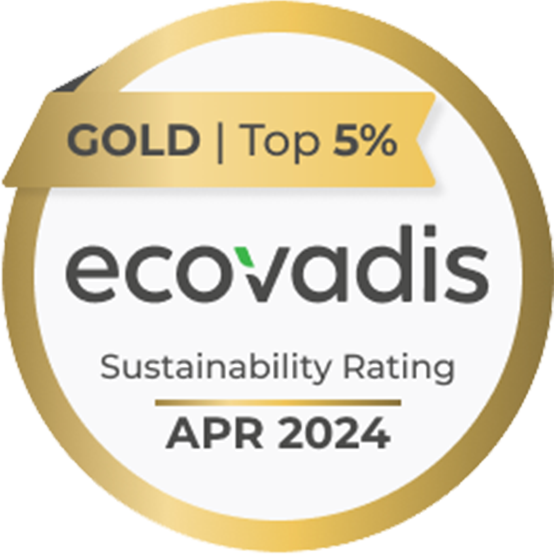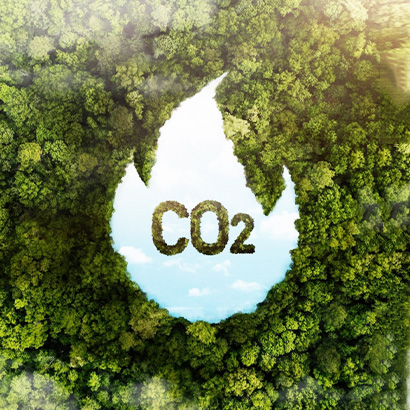According to the Brundtland report, sustainability entails “meeting our needs without compromising the ability of future generations to meet their own needs.”
In shaping this future, sustainability is most often understood in an environmental context. Environmental sustainability includes making sure that human consumption does not deplete natural resources, ecological systems stay in balance, and life on earth remains diverse.
However, sustainability is also tied to economic and social issues. Economic sustainability includes ensuring that
communities can maintain independence, access resources they need, and secure sources of livelihood, while social sustainability includes protecting universal human rights and necessities.

In today’s world, sustainability has increasingly become incorporated into business campaigns and
strategies. But, once again, what does sustainability in business really mean?
For a business, sustainability means operating without negatively impacting the external environment, community, or society. A sustainable business strategy is one that creates a positive impact on one or
multiple of these groups.
In practice, a sustainable business strategy can take many different forms and is unique to each
organization. For example, businesses can transition to using sustainable materials for their packaging, optimize their supply chains to reduce environmental emissions, and even sponsor programming to benefit the local community. Overall, issues that sustainable business strategies can address include:

Sustainability is critical to maintaining our quality of life, the diversity of life on earth, and the health of
earth’s resource-rich ecosystems. Sustainable environmental practices improve water and air quality, reduce landfills, and increase renewable energy sources in the long term. These changes guarantee
cleaner and healthier living conditions for all people, particularly those in lower-income communities.
Further, sustainability is important because it ensures a livable planet for future generations. Because
natural resources are finite, they must be used conservatively in the short term. If not, we are bound to
deplete our natural resources, and damage the earth’s atmosphere beyond repair. By practicing
sustainability now, we create a safer, more livable world for our children and grandchildren.
As a chemical distributor, we are aware of our special role, and the importance of due diligence in
achieving a responsible supply chain and actively contribute to this by ensuring sustainable practices throughout the life cycle of the products and services we offer.